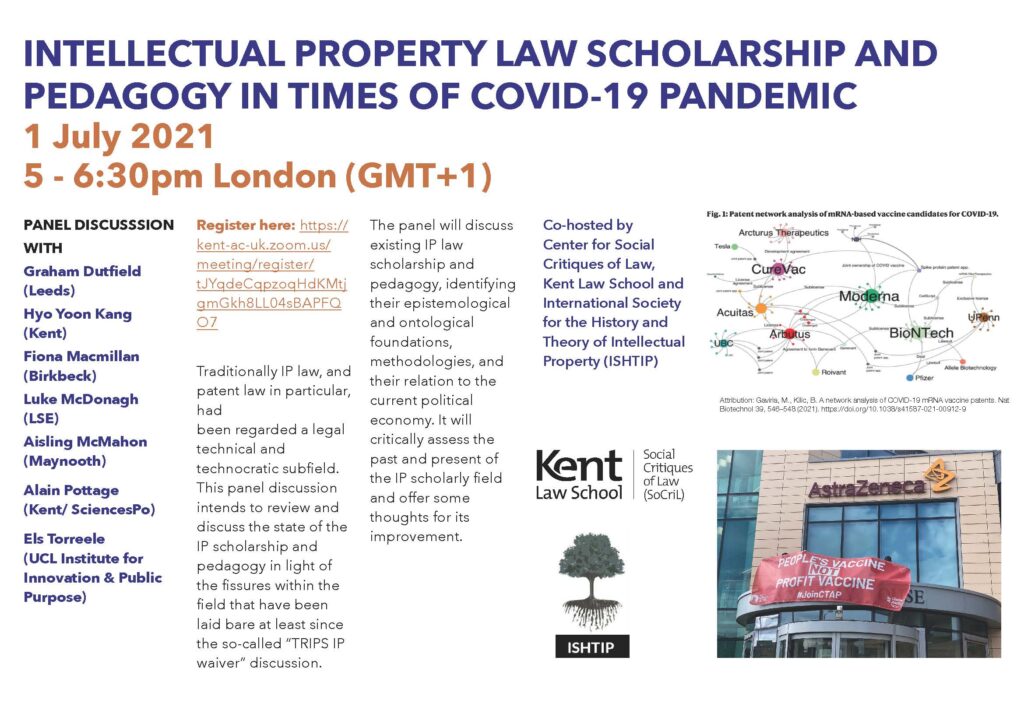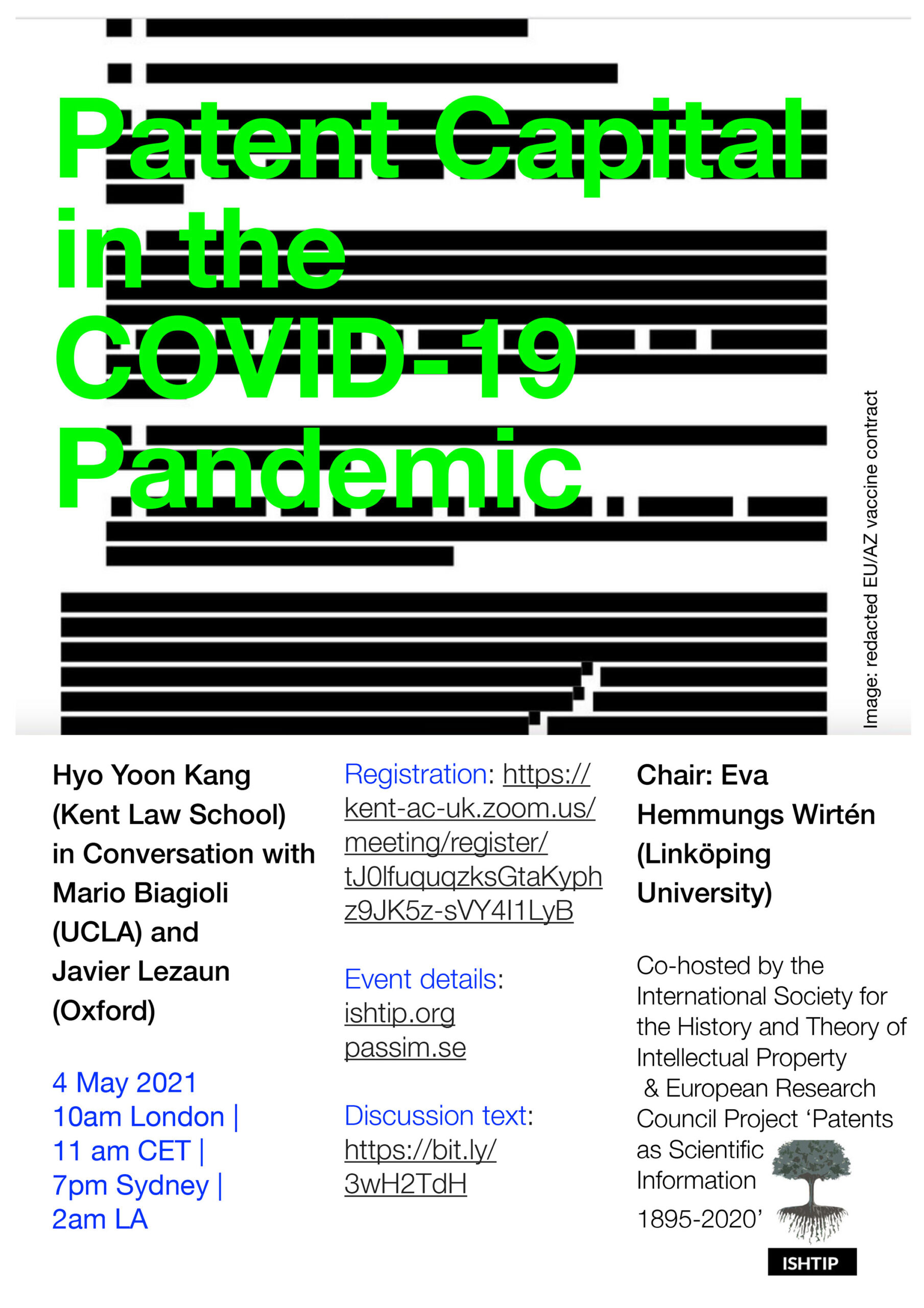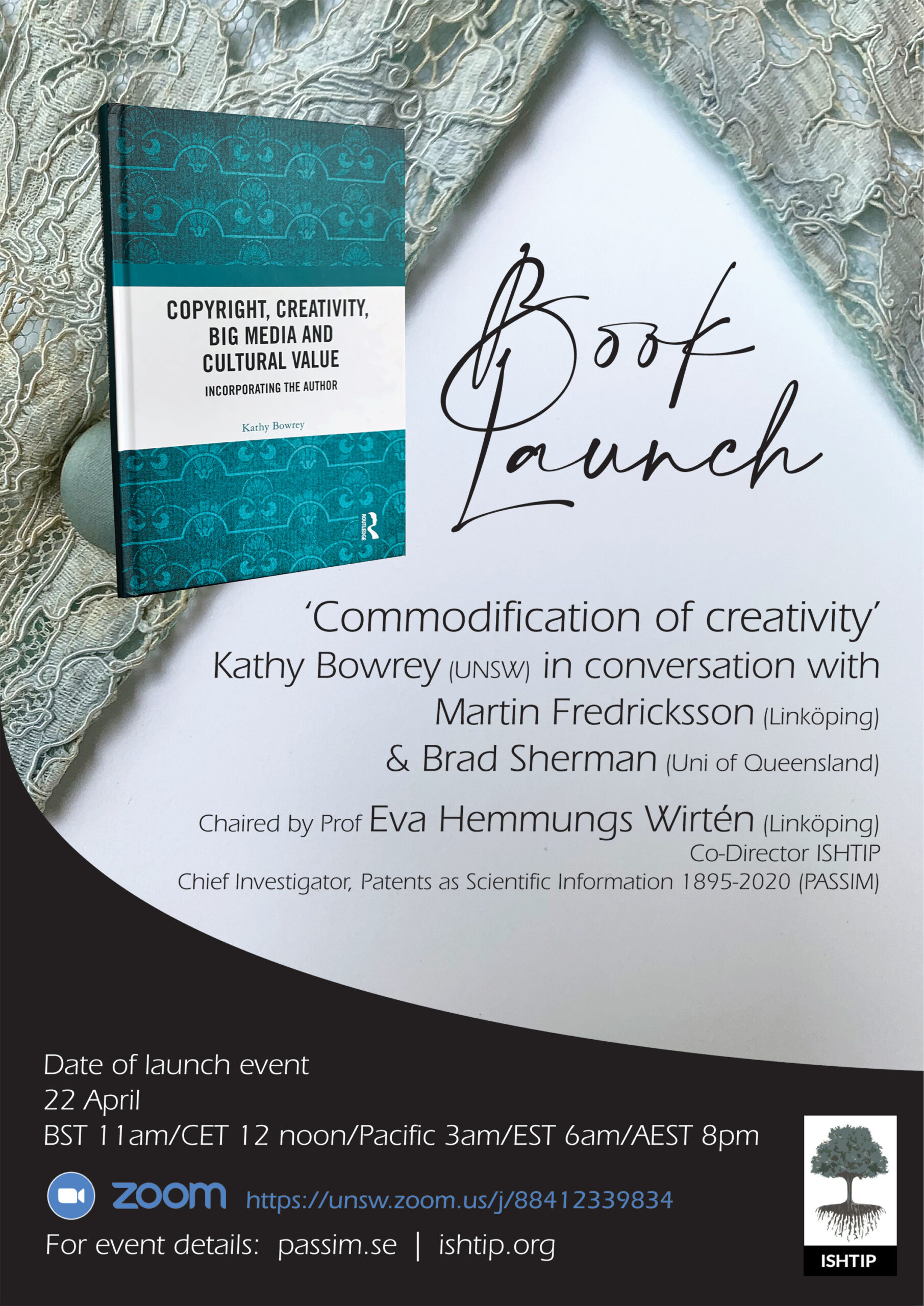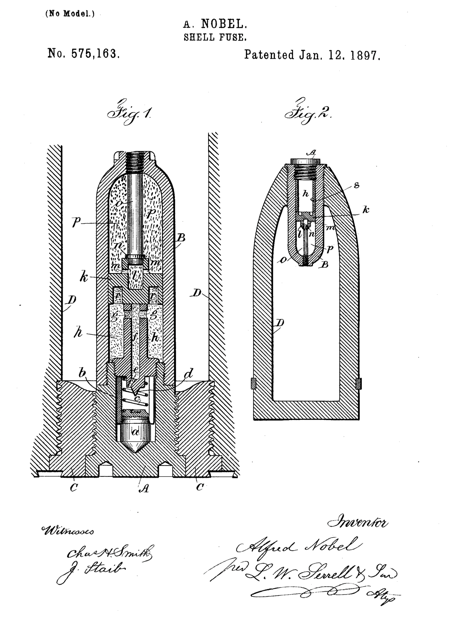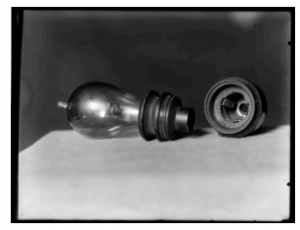July 2021
ISHTIP members Prof Graham Dutfield (University of Leeds), Dr Hyo Yoon Kang (Kent Law School), Dr Luke McDonagh (London School of Economics), along with Dr Aisling McMahon (Maynooth University) and Dr Siva Thambisetty (London School of Economics) have drafted an open letter signed by over 100 IP academics in support of the Indian and South African proposal for temporary TRIPS waiver “as a necessary and proportionate legal measure towards the clearing of existing intellectual property barriers to scaling up of production of COVID-19 health technologies in a direct, consistent and effective fashion”.
Drawing upon the history and theory of intellectual property, the letter acknowledges that patents have never been absolute rights. They are monopoly rights granted to serve the public interest. Patents “ must not be allowed to stand in the way of measures designed to make accessible the health technologies needed to fight the COVID-19 pandemic, where universal global access is essential for the global public good.”
Monopolies over tacit and informal information, are also implicated in the current lack of global capacity for vaccine production and other health technologies, as well as in enabling their inequitable distribution.
The letter calls on the governments of the United Kingdom of Great Britain and Northern Ireland, Australia, Brazil, Japan, Norway, Switzerland and the European Union to drop their opposition at the World Trade Organisation and to support the TRIPS waiver proposal.
You can read the full letter and list of signatories here:
